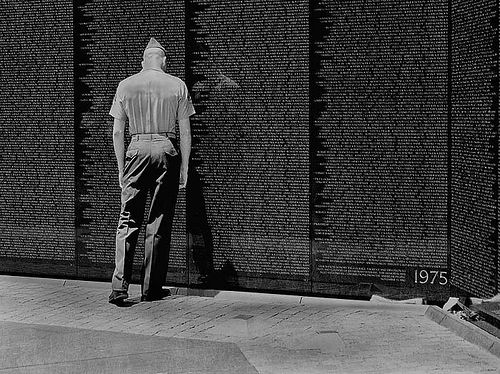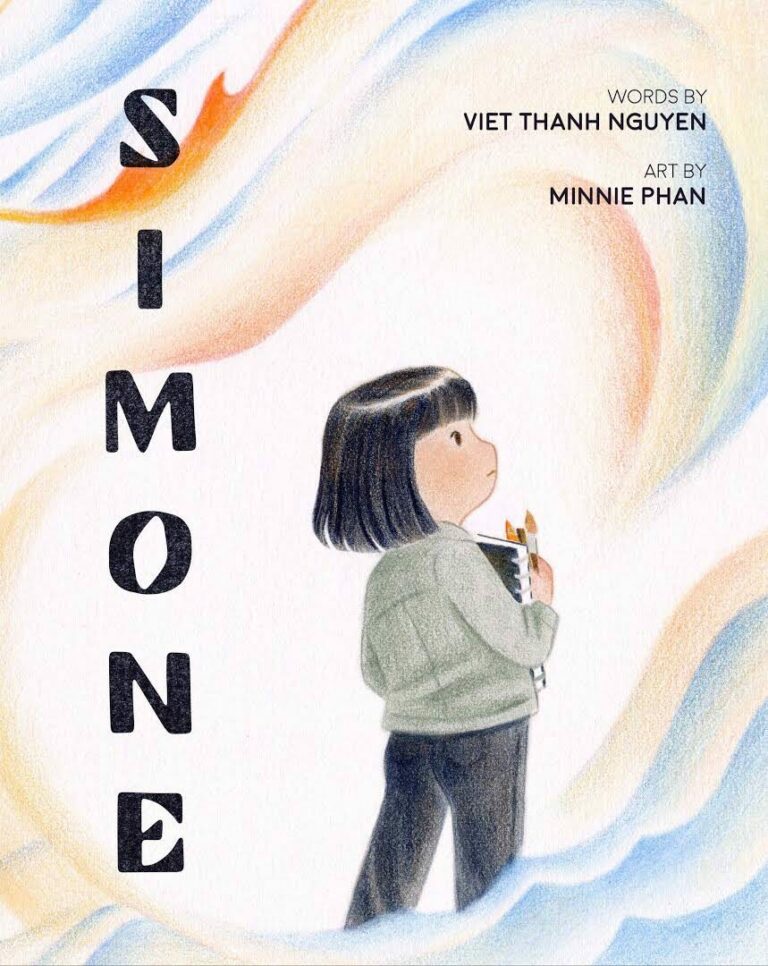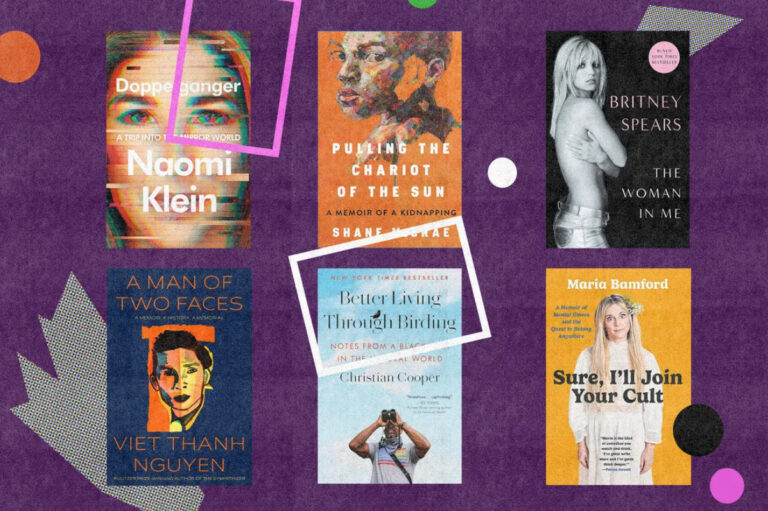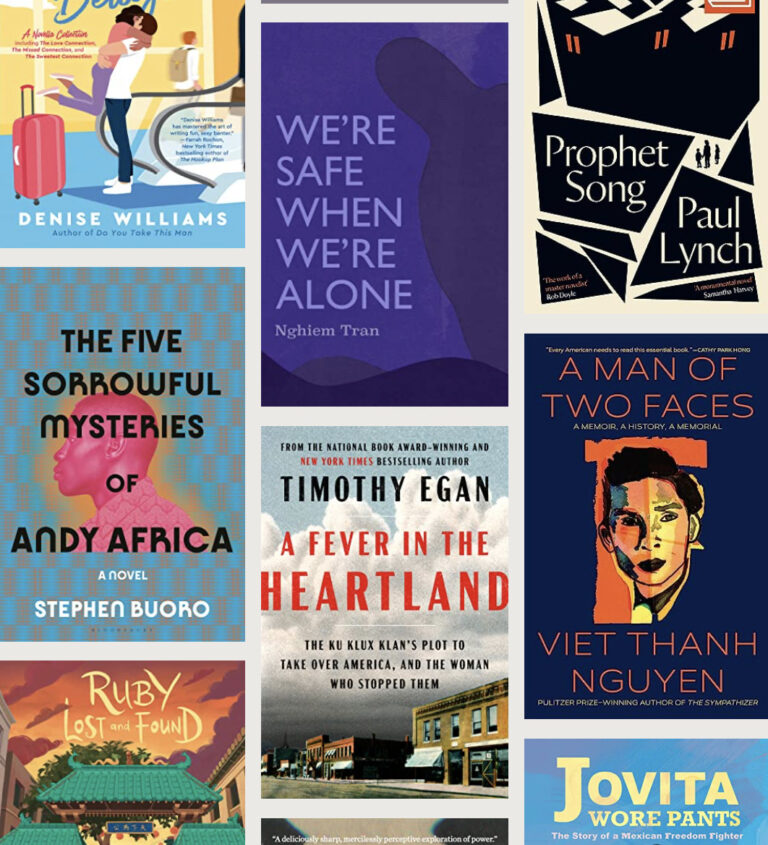Micharl Orr reviews Viet Thanh Nguyen’s book Nothing Ever Dies: Vietnam and the Memory of War for Origins.

How do people talk about wars they remember? Do they reference famous films or novels about the conflict? Do they recall images made by famous journalists, taken in moments of pain or horror? Do societies remember war, or do they invest deeply in suppressing much of that memory to protect the stories they tell about themselves?
In Nothing Ever Dies: Vietnam and the Memory of War Viet Thanh Nguyen, a professor of American Studies at USC and a Pulitzer Prize-winning novelist, reflects deeply on the mechanisms of memory which have shaped and controlled the images and understandings of the Vietnam War. He does not confine himself to Vietnam, drawing broad strokes across the Pacific from Korea to Cambodia, across the Philippines and to the United States. In the same way, the book ranges across sources from war memorials to movies, from novelizations to videogames.
This is a complex work. Equal parts philosophical treatise, historical analysis, manifesto of memory, and memoire, it is hard to put Nothing Ever Dies into any conventional boxes. The book is divided into three broad sections, each subdivided into three chapters. The sections are titled “Ethics,” “Industries,” and “Aesthetics.” These are prefaced with a fantastic introduction titled “Just Memory,” which seeks to outline the author’s ideas about what constitutes cultural memory, about how societies divide that memory between a memory of self and a memory of other, and about how he envisions the possibility of an understanding which crosses the barrier of self and other. “War” Nguyen states, “grows on intimate soil, nurtured by friends and neighbors, fought by sons, daughters, wives, and fathers.” (p. 18) If we are to have an ethical memory of war, Nguyen believes, we must bring the self and the other, our humanity and our inhumanity together.
“Ethics” explores the ways in which groups build and justify policies of remembering and forgetting. By delving into the distinctive qualities which are found in forms of memory through the three chapters Nguyen examines cultural memory as products of a vested interest. This vested interest, which Nguyen names an “industry of memory” works to create narratives of the self which refute blame, cover misconduct, and glorify the dead. At the same time, the memories of others become simplified and dehumanized, only victim or enemy. The result, according to Nguyen, is that the industry of memory seeks to create a history of humanity that ignores the inhumanities which are committed during war. He ties this need for recognition of inhumanities to his core principle of an ethical “just memory”.
The second section, “Industries,” examines the ways in which these narratives of memory are created and distributed. The author identifies the camera, the screen, and written word as vital parts of the war machine. Nguyen looks deeply into the examples provided by American films of the Vietnam War, Nguyen seeks an explanation of how the acts of killing, raping, and pillaging are glorified on the screen, largely separated from the identities of the individuals upon whom these acts are committed. He also takes an original, if somewhat controversial among some circles, tack of including videogames in the sphere of war machines. First Person Shooters, in particular, he explains, are, “built on the aesthetics of sweat and viscera and is about identifying one’s self with the shooter and feeling the joy and excitement of participating in slaughter.” (pg. 111)
The final section, “Aesthetics,” examines how all of this is delivered to the public. The chapters “On Victims and Voices”, “On True War Stories”, and “On Powerful Memory” spend much time looking at the forms of art which Vietnamese, Americans, and Vietnamese Americans use to capture their concepts of self, other, and war. Wars, Nguyen posits, creates deep reverberations in the spirits of those who are affected by them for generations afterwards. Looking at the writing of his contemporaries he says, “the odor and the flickering shadow of war’s burning corpse still haunts Vietnamese American literature.” (pg. 213) The results, for Nguyen, are war stories used to capture elements of warfare, both vital to the furtherance of violence and deeply rooted in the memories of the wars which have passed. He examines the critics of war stories, soldier-writer, and the refugee-writer, showing the relationships each has to the self in war, and the self after war. The crux of the true war story according to Nguyen lies in insisting, “on this dreadful knowledge of the inhumanity which exists in the human.” (pg. 236)
In all, this book is compelling and difficult. It challenges many conventions of memory and understandings of conflicts, nationhood, and collective memory by insisting that these are ideas that have been built, bought, and sold by each side. In this sense, memories are inherently political for Nguyen, and he infuses this broadly philosophical outline with his own travels and photographs across Southeast Asia. Nothing Ever Dies is most certainly a scholarly work, drawing from a wide swath of philosophical schools and delivering tangled and sometimes challenging problems in confronting warfare and its aftermath. By drawing heavily on a range of cultural examples and biographical excerpts he builds a work that is not only readable, but deeply engaging.


